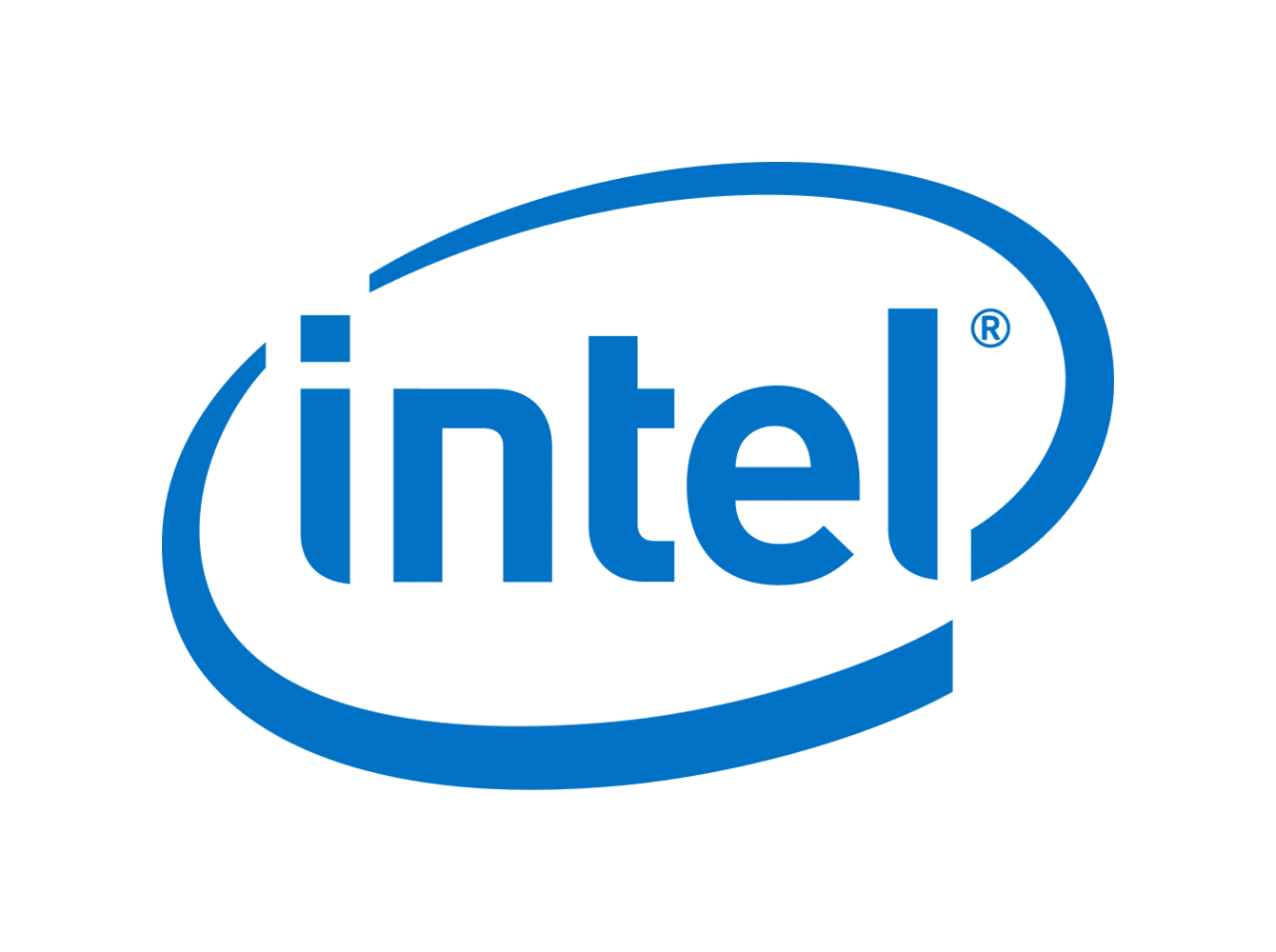Over the past 15 years I have bought cheap (Dell Inspiron) and expensive (Lenovo Business) laptops and no matter what: (a) the battery life always sucked, and (b) I never knew until a few years ago that CPU performance is always throttled no matter how powerful the CPU is that you purchased. The latter point made me not only mad, but upset because I wasted so much money on my last high-spec Lenovo laptop.
So my question is will these Meteor Lake chips really stop the performance throttling, stop the fan being on constantly, and of course, will the battery life really improve? I’m so sceptical based on my experience with x86 laptops. (FYI - I purchased an M1 MacBook Pro after it launched, and it has been the laptop I always needed. At home, I have an AMD-Ryzen 3600 tower PC that I built myself, which I’m happy with).


No.
Most use cases are characterized by small bursts of performance with alot of idle time while the user reads or constant load until completion. Neither of those benefit from what you are asking for.
In a thermally limited application like a laptop OEM’s will ALWAYS boost as high as they can based on thermal and power headroom until they cannot. The alternative is 10% the performance you get now. Even the Apple chips do the same but with a wildly different thermal headroom to thermal load equation than we are used to.
Wait till OP learns smart phone CPUs spend most of their time at low clock speeds.
Ah yes. 3ghz processor of nova 11i running at <2ghz
Does that mean we could save money by buying a cheaper i5 that runs closer to it’s capacity than a throttled i7?
There are absolutely laptop configurations where a lower tier cpu with lower cores for example like an i7 can outperform a higher tier one like an i9 because of thermal and power headroom that allow the lower core counts to run unthrottled longer.
Does that mean we could save money by buying a cheaper i5 that runs closer to it’s capacity than a throttled i7?